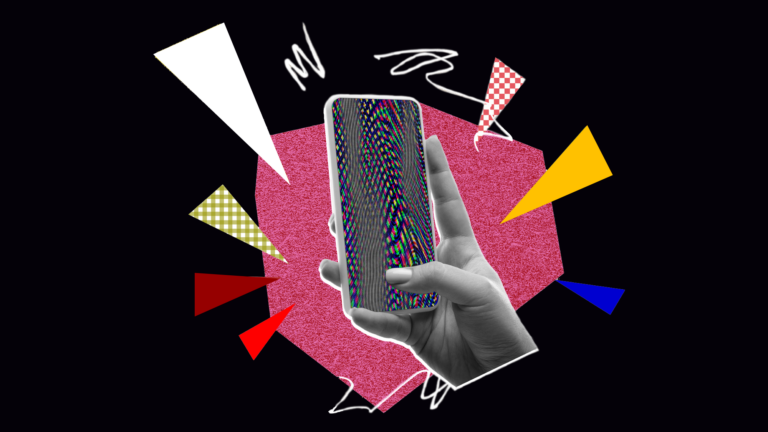
Is social media scrambling our sanity?
Social media use is now widespread, with a large majority of Americans reporting they use these platforms. The negative effects of apps such as Instagram and YouTube, particularly on young adults, are increasingly raising concerns among experts.
A recent Dornsife Dialogues event hosted scholars from the USC Dornsife College of Letters, Arts and Sciences to discuss the downsides of social media, recent legislative attempts to combat the platforms’ powers, and how people can start severing their attachment to these apps.
The challenge: Social media platforms deploy troublesome tactics to keep us hooked to our screens, says Julie Albright, a lecturer in USC Dornsife’s Master of Science in Applied Psychology program.
- App designers used a powerful psychological tactic called “random reinforcement” to get users scrolling endlessly, the same strategy used in slot machines.
- “It’s the most powerful behavioral driver we know to keep you coming back for more,” says Albright, whose book Left to Their Own Devices (Globe Pequot/Prometheus, 2019) examined the impact of digital media on human relationships.
- Controversial posts generate the most engagement, so apps prioritize them in feeds, causing harmful or factually incorrect content to be amplified frequently.
Why it matters: Studies suggest that social media use is contributing to historic-levels of depression in teens, fueling disordered eating and destroying our attention spans. It’s also inciting violence, says behavioral scientist Ian Anderson ’24, who researches social media.
- “We know that issues with misinformation on Facebook’s own platform, as well as on WhatsApp, have resulted in massacres in certain places based on false information,” says Anderson.
Find a transcript of this audio here under the transcript tab.
What to watch: State and federal governments are increasingly stepping in to regulate these apps.
- CEOs from several social media companies were called to Capitol Hill recently to testify about their products’ impact on young people.
- The European Union’s recent Digital Services Act is cracking down on illegal or banned online content.
- “Think about cars. Starting out, they didn’t have seatbelts. We realized we needed something to keep us in the car if there’s an accident,” says Albright.
Yes, but: Legislators should remember that social media platforms were very clever in how they designed their addictive offerings. They will likely be just as clever in combating attempts to restrict usage.
Go deeper: As many individuals are trying to reduce their personal or family usage on their own, the experts offer helpful tips.
- Create barriers to entry: Turn off notifications, hide or delete social media apps, place the phone in a different room or use a lock box with a timer, and switch to an old-fashioned alarm clock to keep phones out of the bedroom.
- Make a healthy swap: Try replacing social media apps with something more productive, like a language-learning app.
- Model restraint: Parents worried about a child’s social media use should avoid scrolling online for hours while they’re present.
- Set aside sacred spaces: Avoid using phones during meals or social gatherings with others, and encourage others to place their phones in a basket to help set an intention for the group.
In her words: “The research shows that if you even have a phone on the table, it’s like a drug. Part of your attention is on that phone and you’re not really paying attention to those around you,” says Albright.
Watch the full Dornsife Dialogues discussion.